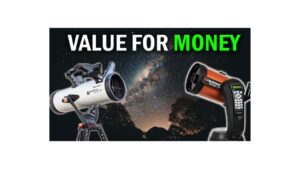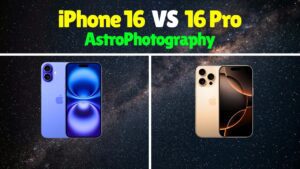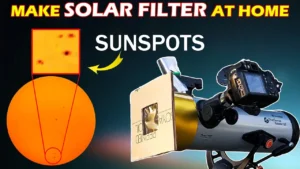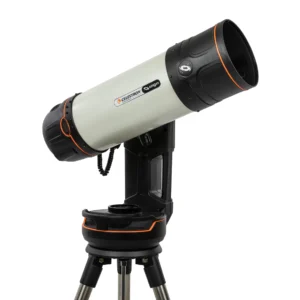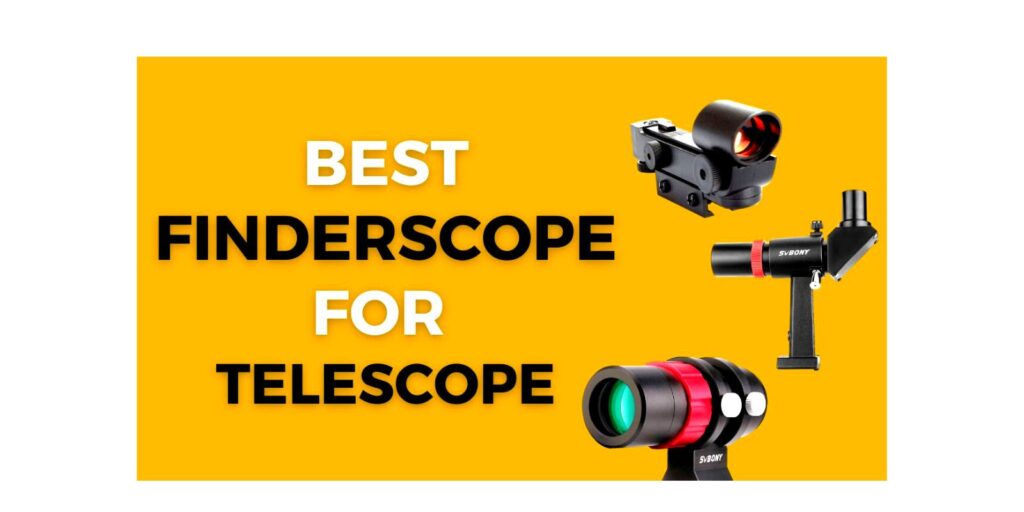
The finderscope is a simple and essential component of a telescope. The finderscopes give you a wide field of view of the celestial object before you see it through the main telescope. The main purpose of the finderscope is to align your telescope so that you can easily point it at different celestial objects.
There are two types of finder scopes: a right-angle finder scope and a straight-through view finder scope. The right-angle finder scope is easier to use, especially for people who are not comfortable using straight-view finder scopes.
A straight-view finderscope is simple; you have to get behind the finderscope and point the crosshairs of the finderscope on the celestial object. The difference between these two is just the convenience of using these finderscopes.
Even if your telescope has a computerized mount, you will still need a finderscope to set it up for the very first time. After that, you won’t need it, as the computerized mount will do most of the work. But if your mount goes out of alignment, you will need a finderscope to realign the mount.
You will also need a good bracket to fix these finderscopes on your telescope. The brackets will also be mentioned in this article below the finderscopes.
Now let’s see the finderscope.
Right-Angle finderscopes
SVBONY SV182 Finderscope
This is s simple right-angle finderscope from SVBONY. It has a 30mm aperture and a very powerful 6x crosshair. It is a right-angle triangle, so it is comfortable to use without much strain on your neck.
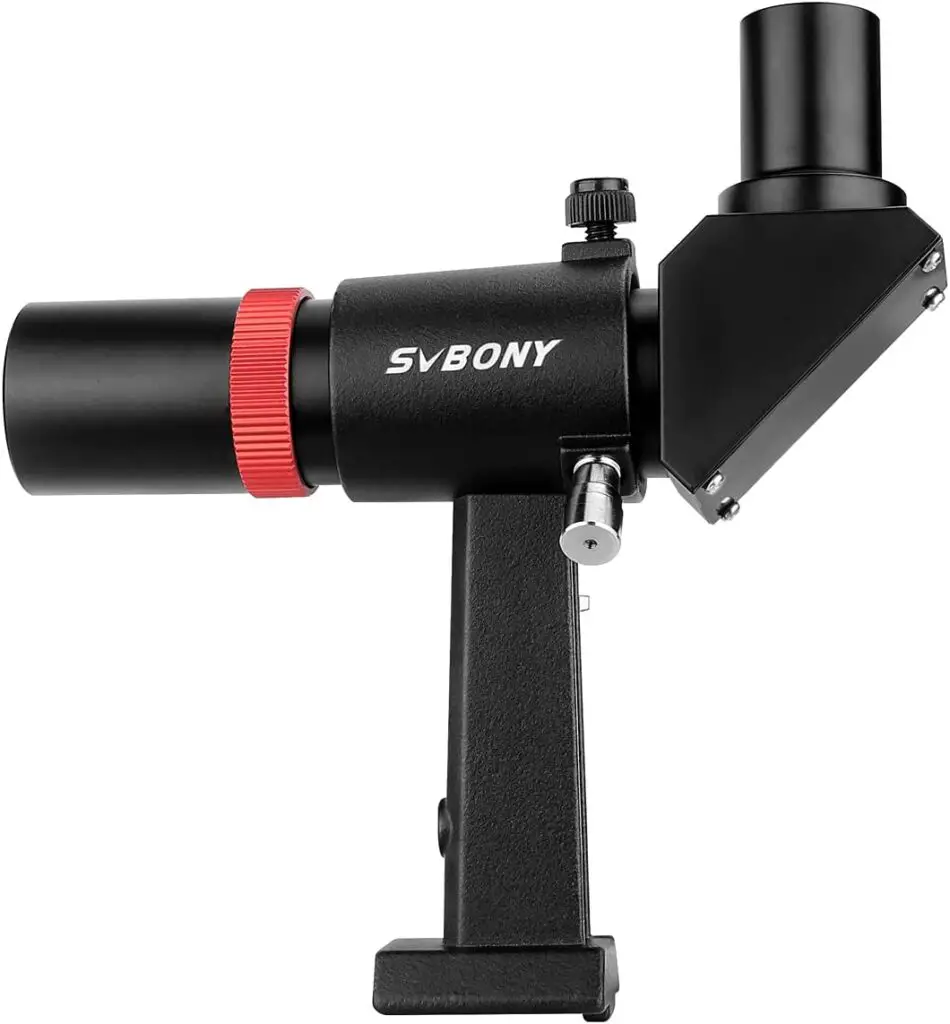
Celestron Illuminated RACI FinderScope
This is a 50mm-wide guide scope that will sit on your main telescope. This has a 9x zoom and a battery-powered illuminated crosshair. The crosshair lights up with a soft red glow. It is very easy to install and use.
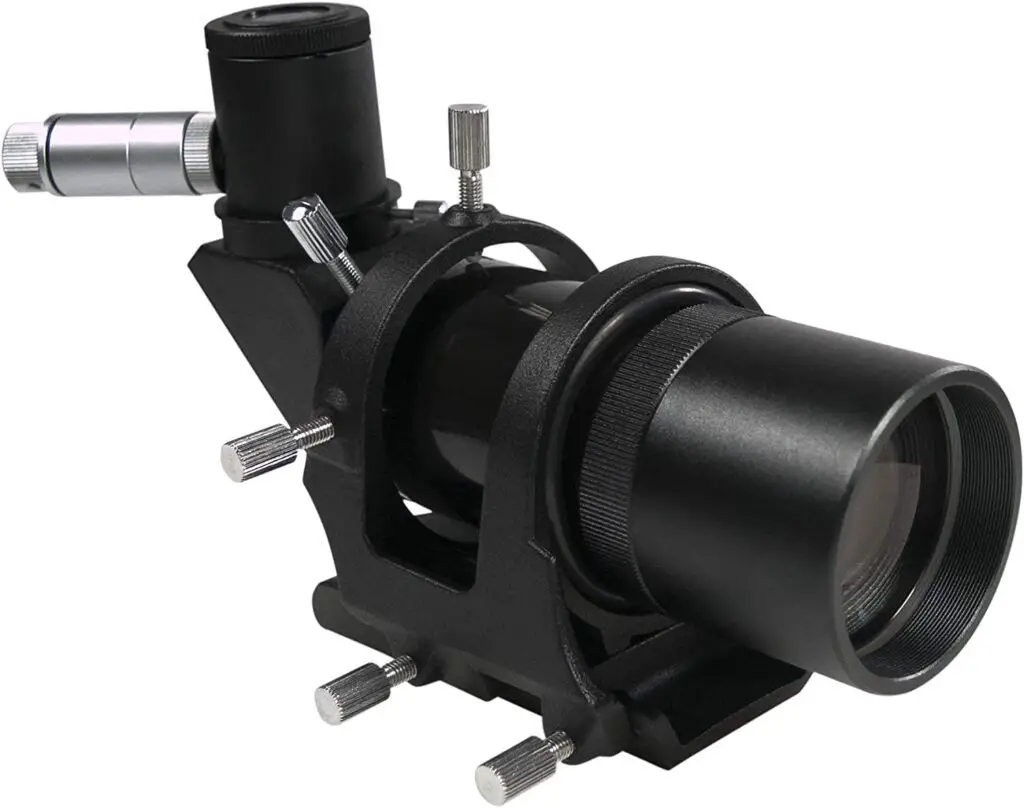
Astromania 9×50 Angle
This finderscope also has a 50-mm objective lens. This one also has a 9X zoom. You can easily spot faint deep space objects with this finderscope. It can make a large number of stars easily available and can be successfully located.
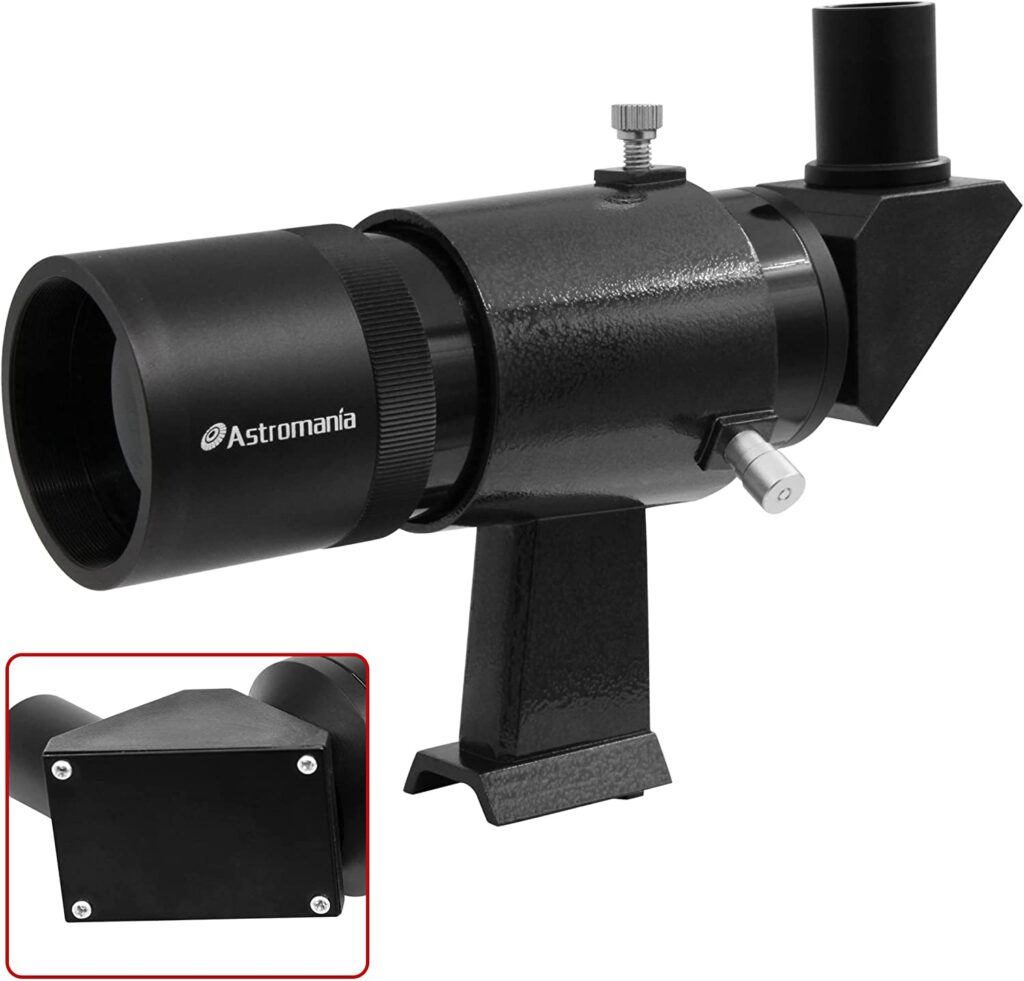
The optics of this finderscope are coated to avoid any reflections. The finder scope fits most telescopes very easily. The images you will see from this finderscope are non-reversed.
Alstar 9×50
This is also another 50mm-wide aperture finderscope. This one also has 9X zoom. Because of the aperture, you can easily spot faint deep space objects with this Finderscope. Because of the right angle of this finderscope, you will not have any problem locating the objects, even at the zenith.
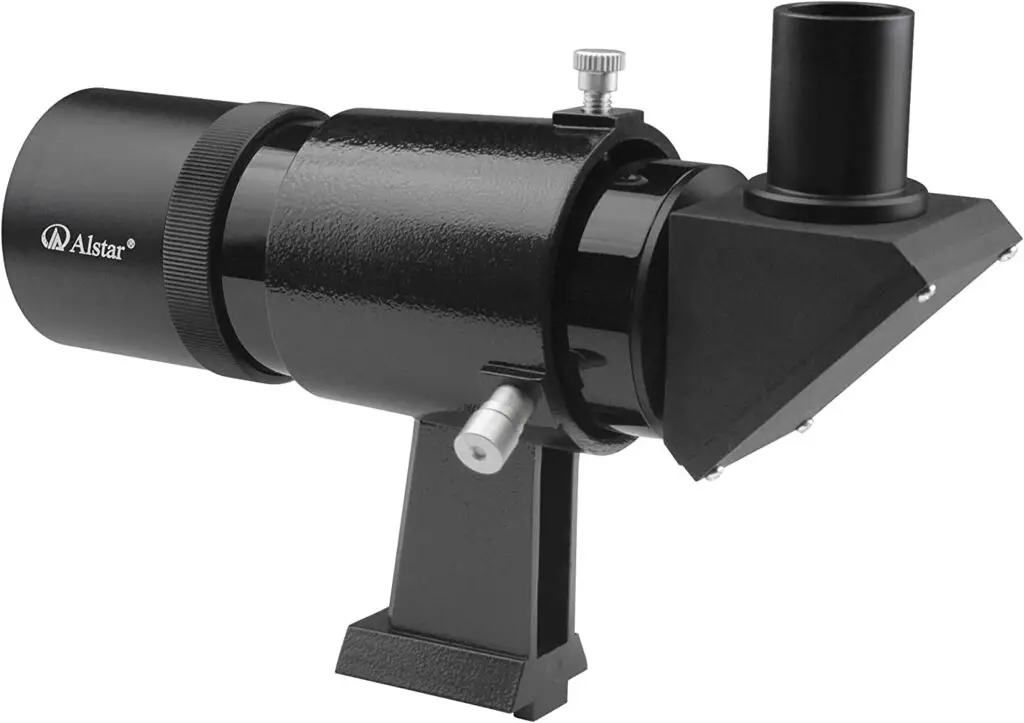
Straight view finderscopes
Celestron StarPointer Finderscope
This is a very simple and basic finderscope that comes with most telescopes. It is easy to use and powered by CR2032 batteries. You can change the intensity of the red dot with the knob provided on the finder scope.

Celestron 51635 StarPointer
It has a large, 40-mm-wide aperture. Which allows you to get a wider field of view. You can quickly zero in on the celestial object. The finderscope projects a duel circle reticle rather than a single red dot. Because of the double circle, it is much easier to zero in on the object.

Celestron 94224 Polar Telescope
This is a Polar align finderscope. It is useful for Equatorial mounts. The majority of the equatorial mounts are standard, so this polar finderscope will fit with all the equatorial mounts. You can easily find and focus on Polaris with this finderscope. It has a focus knob with which you can get the sharpest view of the reticle.

SVBONY SV165 Mini Guide Scope
This is a 30mm wide aperture finderscope. The length of the optical tube is 45mm. It provides a very wide field of view, which will help you quickly find your target while performing astronomical observations. It is compatible with almost all mainstream guiding cameras. The finder scope can also be attached with the CCD camera to capture beautiful images of the sky.

SVBONY SV106 Guide Scope
This is a 60mm aperture finderscope. It has a helical focuser with precise pointing at the stars. This finderscope can be used as a small telescope for astrophotography and as a finderscope as well. To use it as a finderscope, you need a 1.25-inch eyepiece to connect to the back and you are ready. The helical focuser just moves inward and outward and does not rotate so your target object will be easier to target and remain in the frame.
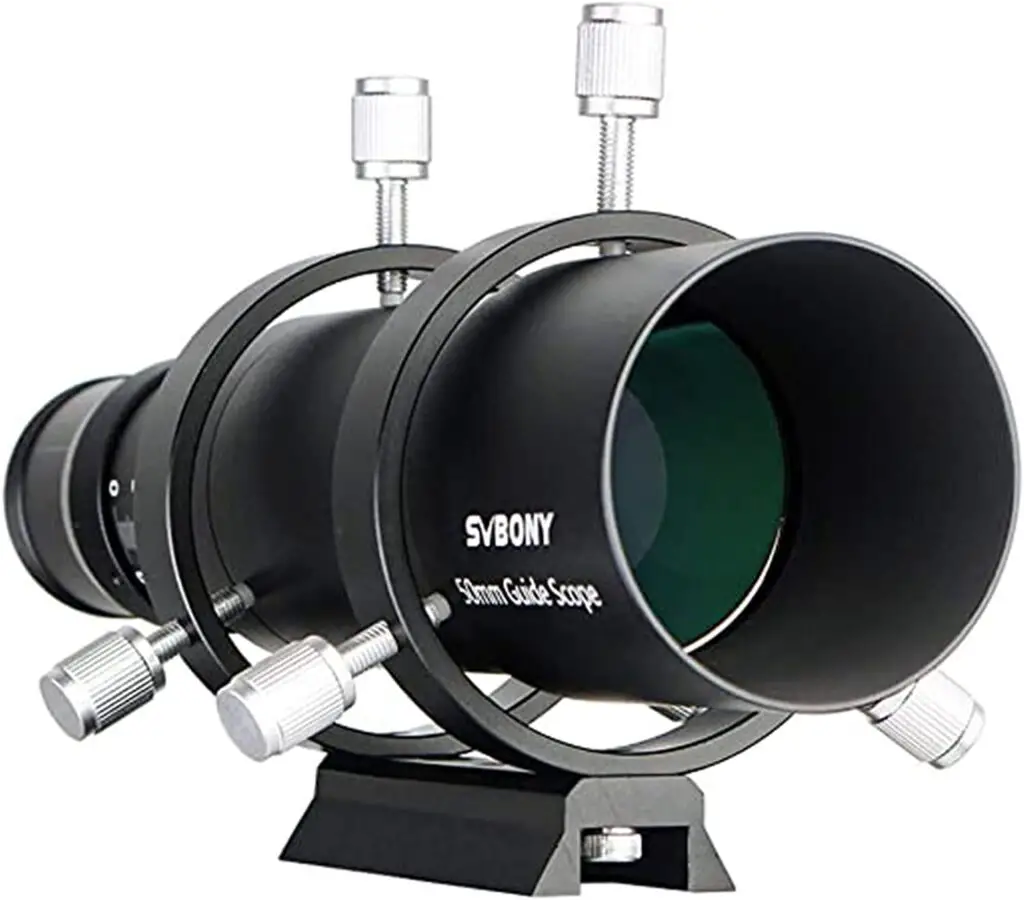
Brackets for finderscopes
SVBONY Universal Dovetail Base
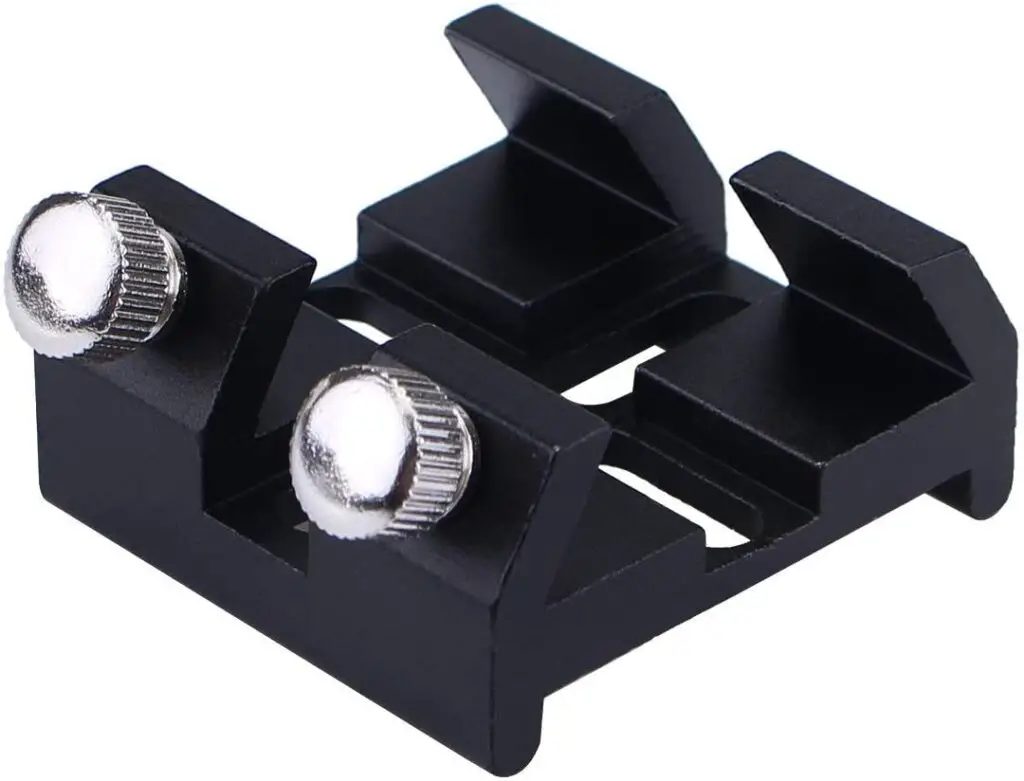
Astromania Tri-Finder Finderscope Mount
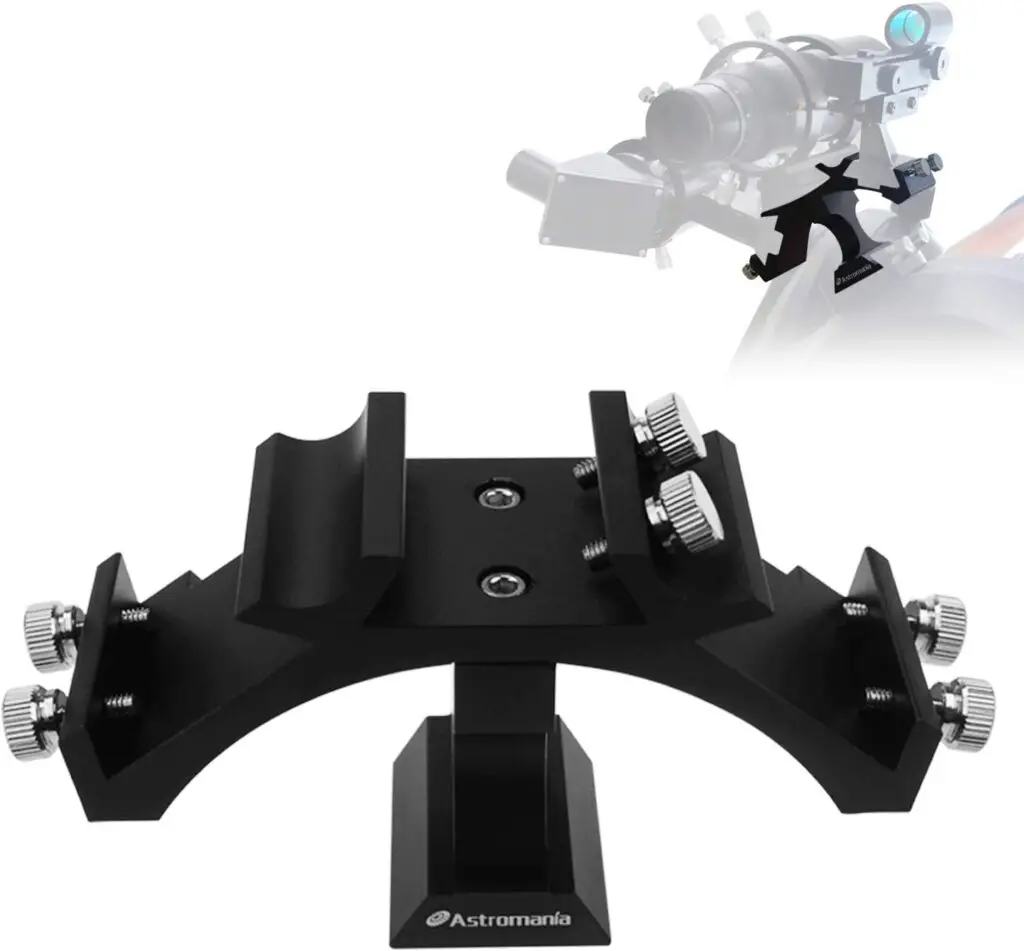
Telescope Finderscope Mount
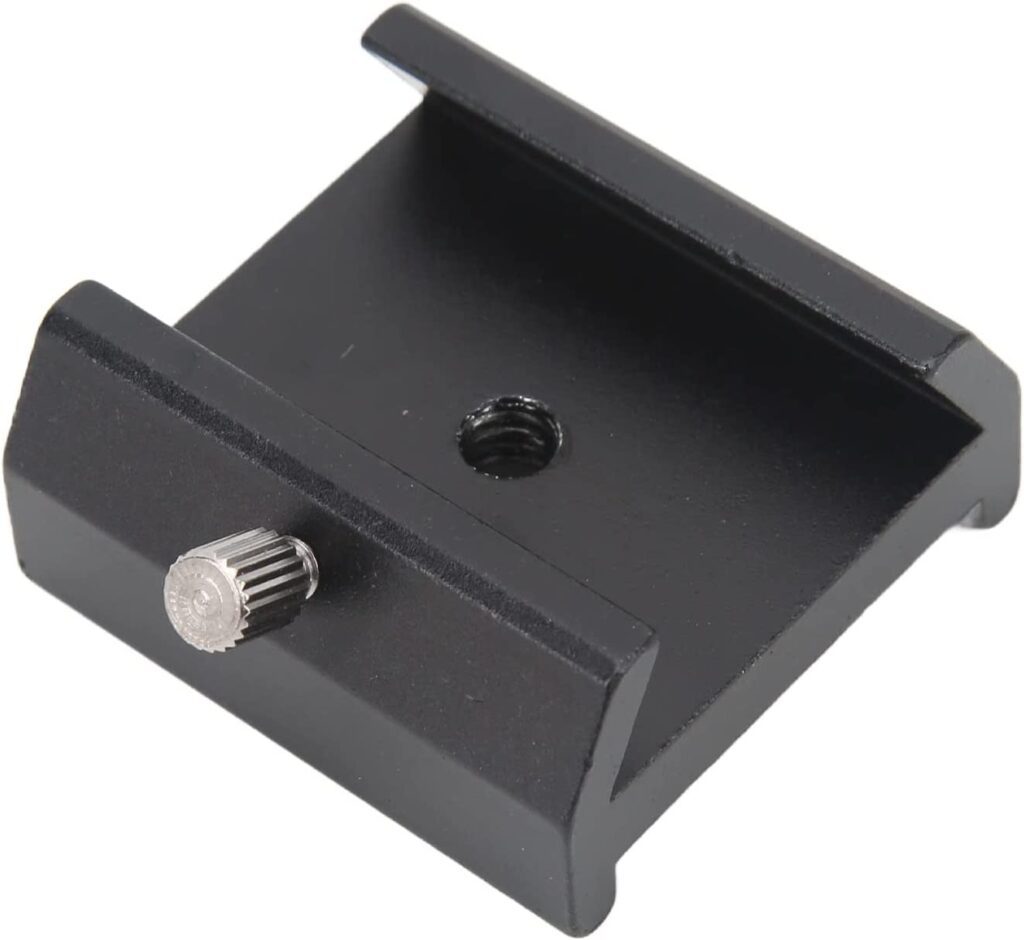
Xinwoer Telescope Mount Bracket

SVBONY SV116 Guiding Scope Ring Kit
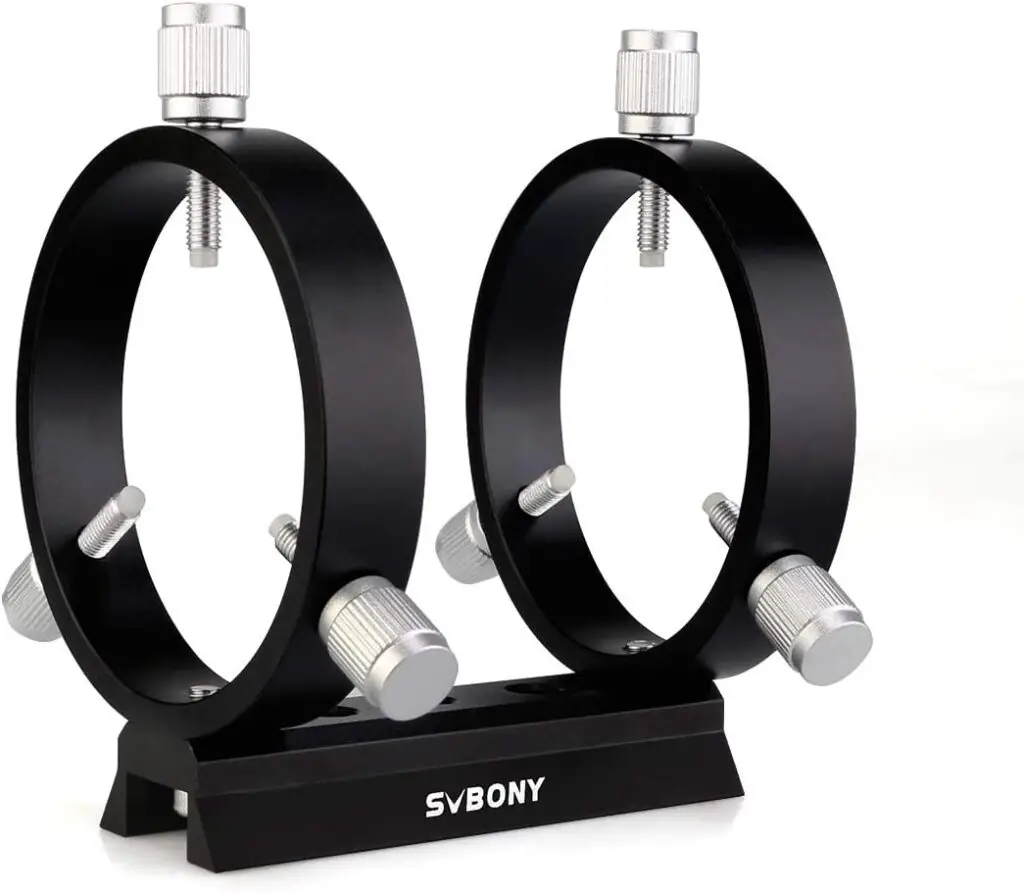
If you are looking for a telescope specifically for astrophotography then you need to check this article. You can also find the best suitable telescope for you with our telescope search tool.

